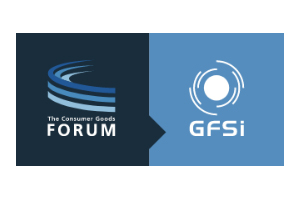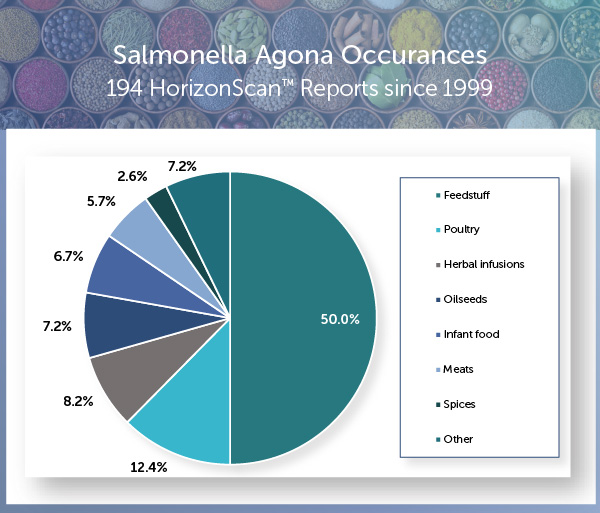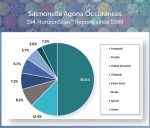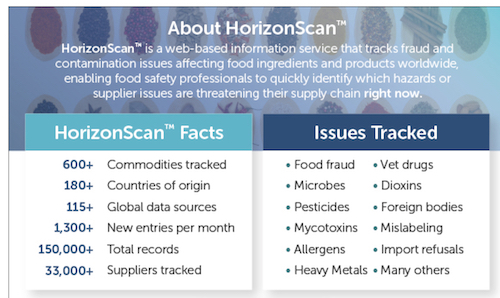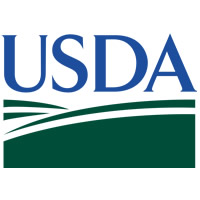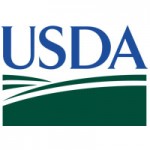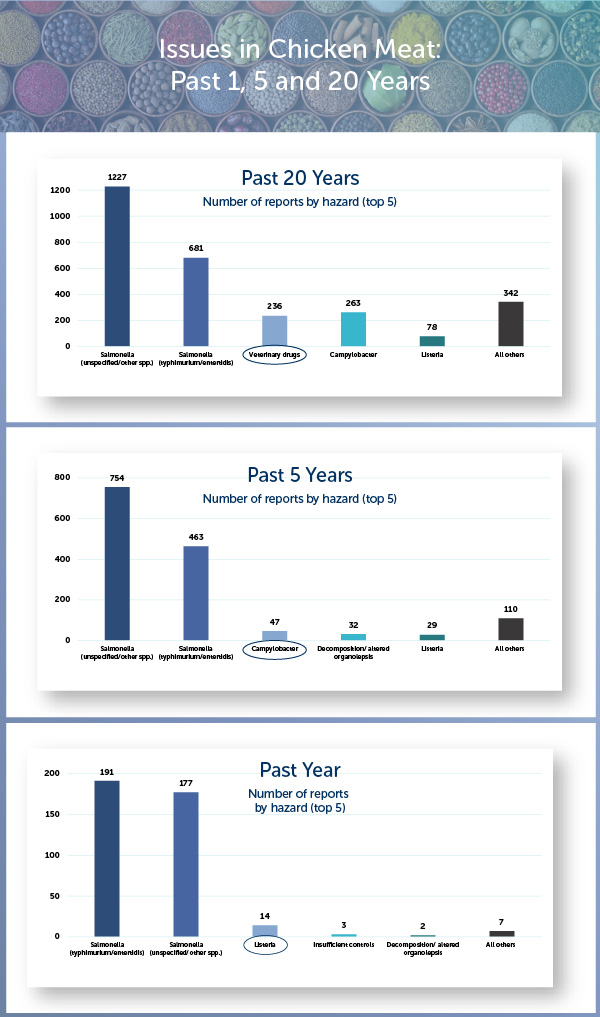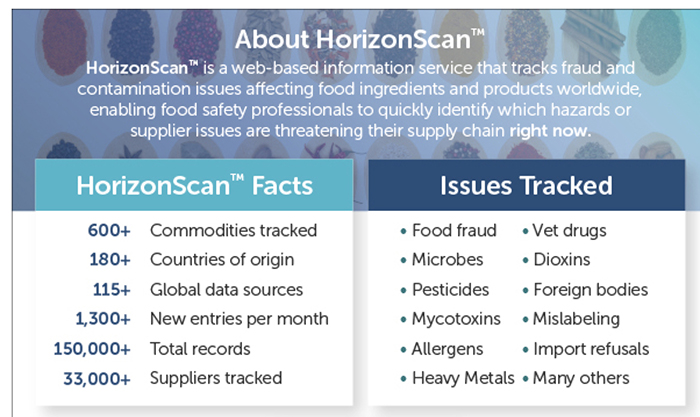Last year’s annual GFSI Conference was held in Seattle just weeks before the World Health Organization (WHO) declared COVID-19 a pandemic. This year’s event looked very different, as it joined the virtual event circuit—with hundreds of attendees gathering from across the globe, but from the comfort of their homes and offices. The 2021 GFSI Conference reflected on lessons learned over the past year, the fundamentals of building a better food system, and the idea that food safety is a collaborative effort that also encompasses training programs, effectively leveraging data and capacity building.
The pandemic provided the opportunity to reimagine safer, more resilient and sustainable food systems, said Dr. Naoki Yamamoto, universal health coverage, assistant director-general, UHC, Healthier populations at WHO. She also offered three clear messages that came out of the pandemic:
- Food safety is a public health priority and a basic human right. Safe food is not a luxury.
- Food safety is a shared responsibility. Everyone in the food chain must understand this responsibility and work towards a common goal.
- Good public private partnership can bring new opportunities and innovative solutions for food safety. We need to seek more collaborative approaches when working across sectors to achieve foods safety.
During the session “Ready for Anything: How Resiliency and Technology Will Build Consumer Trust and Help Us Mitigate Disruption in the 21st Century”, industry leaders discussed how the pandemic reminded us that a crisis can come in many forms, and how applying the right strategy and technology can help us remain resilient and equipped to address the challenges, said Erica Sheward, GFSI director.
“When you think about business resiliency—it’s about our own, but most importantly, it’s about helping our customers become more resilient to those disruptions,” said Christophe Beck, president and CEO of Ecolab. He added that being able to predict disruptions, help customers respond to those disruptions, and provide real-time control to learn and prepare for the next pandemic or serious crisis is critical. Companies need to ensure their technology systems and contingency plans are ready to go, advised David Maclennan, chairman and CEO of Cargill. The key to a resilient food supply chain system is access and the ability to keep food moving across borders. And above all, whether dealing with a health crisis or a food safety crisis, consumers must always be front and center, said Natasa Matyasova, head of quality management at Nestle. “In short term, [it’s] first people, then business contingency, and then help the community as needed,” she said.

